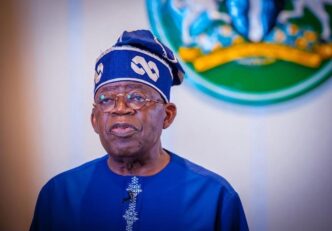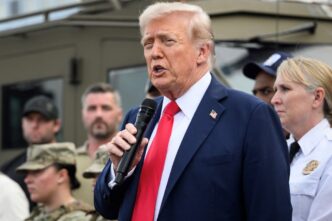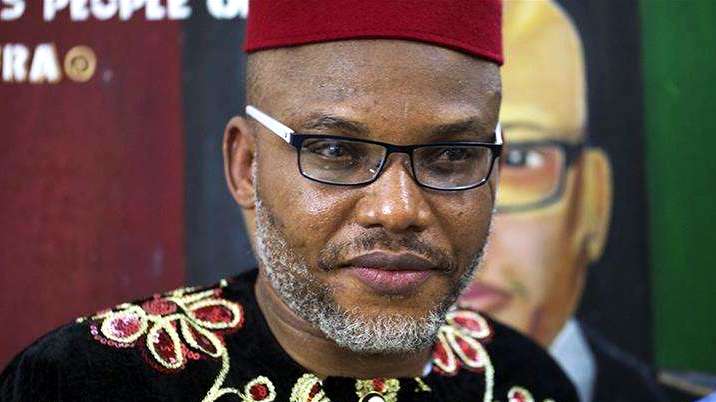President Bola Tinubu on Thursday reaffirmed his administration’s determination to strengthen global engagement and intensify the fight against terrorism and criminality, while acknowledging the scale of the security and economic challenges confronting the nation.
Gatekeepers News reports that speaking at the Federal Executive Council (FEC) meeting held at the State House, Abuja, the president said his government remains steadfast in advancing the Renewed Hope Agenda despite prevailing political and security pressures.
“The task ahead is immense,” Tinubu said. “But we are resolved to move forward with unity and purpose, to defeat terrorism and build a prosperous, inclusive and resilient Nigeria.”
His remarks followed an economic briefing by the Minister of Finance and Coordinating Minister of the Economy, Wale Edun, who reported that the administration’s reform agenda continues to stimulate investor confidence and deliver tangible results.
Edun, who thanked the president and cabinet for their support during his recent illness, said ongoing reforms are geared toward building a competitive economy that creates jobs and lifts millions out of poverty.
According to him, Nigeria’s Gross Domestic Product (GDP) grew by 4.23 percent in the second quarter of 2025 — the strongest expansion in a decade outside the post-COVID-19 rebound. Thirteen sectors expanded by more than seven percent, up from nine in the previous quarter, reflecting broad-based resilience.
The industrial sector, he noted, nearly doubled its growth from 3.72 percent to 7.45 percent, while inflation dropped to 18 percent in December. Foreign reserves surpassed $43 billion, and the trade surplus rose to ₦7.4 trillion, signalling stronger external buffers.
Edun added that consumer spending patterns have improved, with Nigerians now spending about half of their income on basic needs compared to nearly 90 percent previously — an indication of rising living standards and productivity.
He also described Nigeria’s removal from the Financial Action Task Force (FATF) grey list as a significant boost to financial-sector confidence, adding that international institutions such as the IMF and World Bank have upgraded Nigeria’s growth projections and credit ratings in response to ongoing reforms.
Citing Tuesday’s €2.35 billion Eurobond issuance, which attracted more than $13 billion in investor orders, Edun said the oversubscription reflected strong global confidence in Nigeria’s economic direction and Tinubu’s leadership.
He emphasised the need to mobilise greater domestic and foreign investment to achieve the government’s target of a $1 trillion economy by 2030, noting that annual growth must reach seven percent by 2027. The next phase of reforms, he said, will focus on removing investment bottlenecks, reviewing tariffs and import restrictions, strengthening fiscal reporting, and optimising public asset management.
Responding, Tinubu said the Eurobond’s success, despite political anxieties, underscored international confidence in Nigeria’s fundamentals.
“Despite the political headwinds and fears, our partners have continued to engage with confidence,” the president said.
During the meeting, Secretary to the Government of the Federation (SGF), Senator George Akume, announced the death of former Minister and Senator Solomon Ewuga, describing him as an accomplished leader dedicated to national development. Ewuga, who served as Deputy Governor of Nasarawa State in 1999 and later as Minister of State for the Federal Capital Territory, died in Egypt on September 23 at age 70. Council members observed a minute’s silence in his honour.
Akume also informed the Council of the passing of former Chief of Staff, General Mohammed Abdullahi, who served under President Olusegun Obasanjo and was a former Military Governor of Benue-Plateau State, as well as the pioneer Director-General of the Nigerian Security Organisation (NSO). Another minute’s silence was observed.
“May their souls rest in perfect peace,” Akume said.










